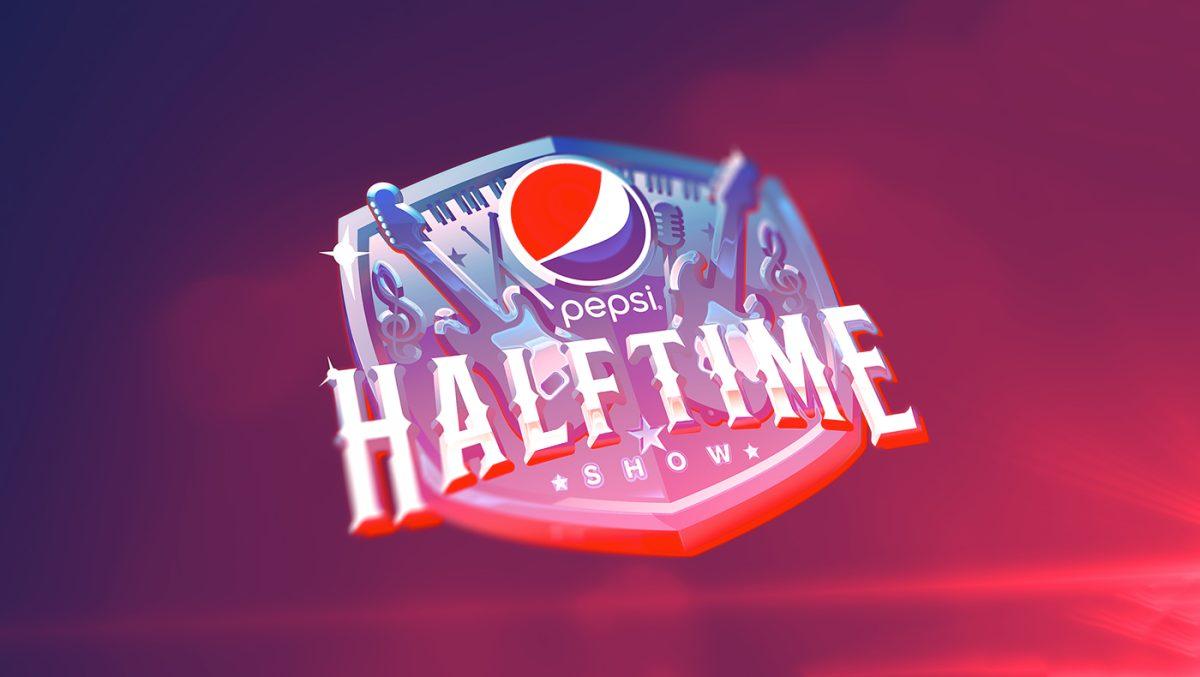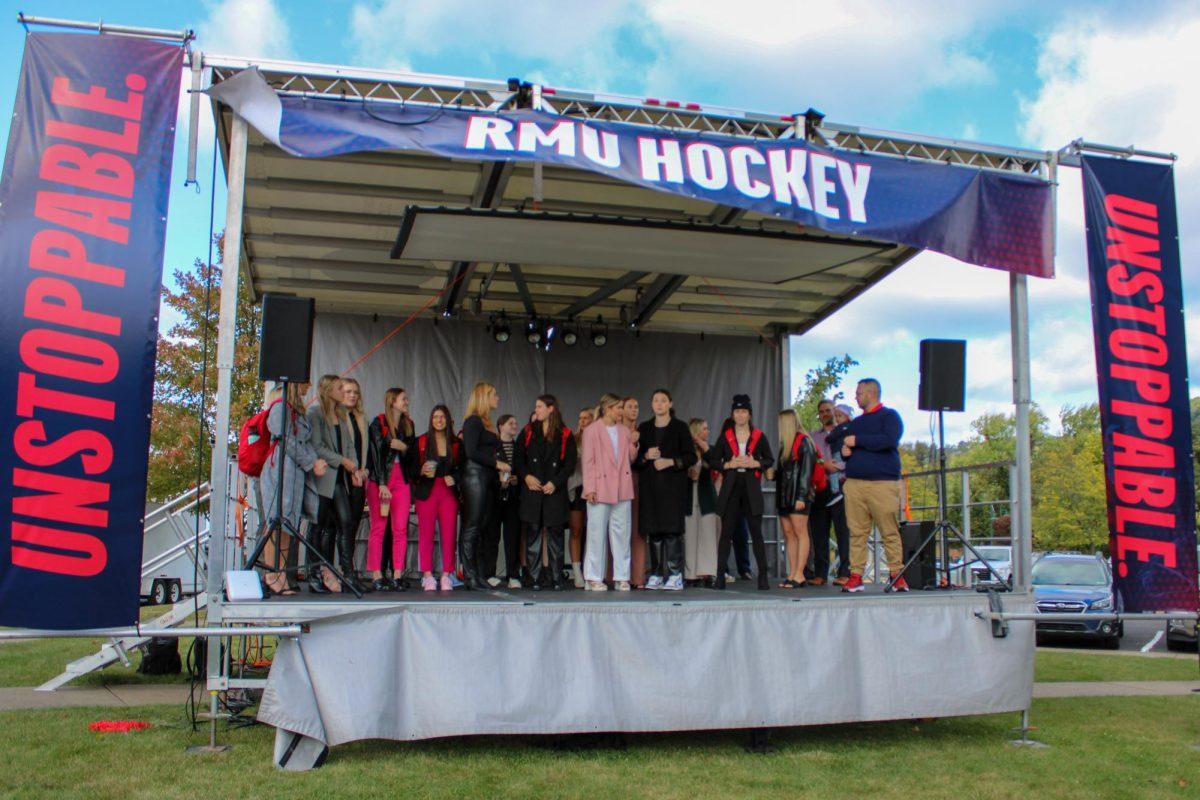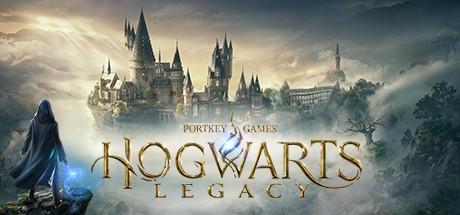We never know when tragedies will occur. When they do, we often try to make the best out of the situation; always live to the fullest no matter what happens.
That is how Scott Hazelcorn, known as Haze by those closest to him, lived his life. His zest and passion for living was contagious. That passion continues today even though “Haze” is not here to fulfill it.
Thanks to him, grilled cheese and pickles is not as odd of a combination as it may seem.
“It’s just one of those things,” explained his mother, Janice Hazelcorn. “He loved grilled cheese and when he went away, he came back and he started eating grilled cheese with the dill pickles. His friends picked up on it, and when we had his service and did Haze’s rules, they had things that he would cut out and things that he would say, so as a joke they stuck in that you have to have grilled cheese with pickles.”
Scott lost his life in the greatest tragedy this nation has ever experienced on Sept. 11, 2001. He worked at One World Trade Center, and as usual, was at the office bright and early on that crystal clear day.
‘Haze’ loved children and loved being active. He attended Penn State University in the early 90s where he met one of his close friends, high school history teacher Adam Lumish.
“He was just a kid that would never stop smiling; the happiest go lucky, everyone’s best friend,” said Lumish.
Mrs. Hazelcorn echoed Lumish’s sentiments.
“He had an incredible zest for life,” said Mrs. Hazelcorn. “He has an unbelievable spirit and he just loved to have fun.”
Part of that having fun included playing sports, hockey in particular. Lumish and Scott met playing ice hockey together at Penn State.
“Picture (former NHL player) Theo Fleury, five foot six, scrappy, but not really with that mean streak,” Lumish recalled. “He was legendary with scoring goals. He’d jump in your arms; he was great at hugs. He didn’t handshake. Hugs were his thing.”
Mrs. Hazelcorn believes it was the bonding and friendships that formed from sports that fueled Scott’s passion.
“I think it was the camaraderie of sports, being with the guys,” she said. “When he got to Penn State, he had met some people and said, ‘I have no reason to pledge to anything’ because through sports he had made friends. I think to him it was relaxing; getting your mind off of everything and the relationships developed through that.”
Mrs. Hazelcorn also added that her son wanted to try roller hockey one summer, even though he had never tried his hand at roller skates before.
“He learned to play roller hockey; I think he was about 24. He had never played and his friends were playing it so he decided that he wanted to learn,” explained Mrs. Hazelcorn. “He had never roller skated, and it was hysterical because he’s a little guy and he decided he was going to learn. He was literally walking on his ankles, and they would pick him up by the back of his shirt, and by the end of that season, he was whipping around the court and just in love with it. He was contagious like that. He had such a great feeling to life and it just kind of rubbed off on you when you were with him.”
It wasn’t just sports that made Scott into the person he ultimately became; he had a special affection for children as well.
“He always loved children,” Mrs. Hazelcorn said. “I think he was most comfortable with dogs and children other than his friends. Kids are real; they say what’s on their mind and they just wanted to have fun like he did. He was able to come down to their level and make them have fun and use his imagination and he would really get into it. When Scott was around, the kids and the dogs were outside playing with him. That’s the way he was.”
At the time of his death, Scott had aspirations of going back to school to become a teacher. He worked for Cantor Fitzgerald at the World Trade Center and was planning on staying until the end of the year at which time he would have received a financial package to help him get a degree in education.
Scott’s love of children and sports culminated into a summer camp, but the idea did not come out of the blue, as Mrs. Hazelcorn explained.
“We were sitting down talking one day and Scott said, ‘You know what would be great? Having a camp where people shed themselves of everything materialistic and learn from each other’s differences. Wouldn’t that be cool?’”
After the tragedy, it seemed only natural that the vision would become a reality, and in the summer of 2002, Camp Haze opened to 46 children.
“That was kind of his dream so we said, ‘let’s try this,’” said Mrs. Hazelcorn. “This couple, the Landman family, they run a camp that Scott went to when he was a kid and they happened to see my husband and I. We were on CNN the day after 9/11…they called us and said, ‘We were looking to give back in a way and this is like a perfect marriage. What you want to do and what we can give you,’ and they donated the camp, and we were up and running the first summer after 9/11.”
Lumish agreed that a camp just seemed like the right thing to do in the wake of Scott’s sudden passing as a way to keep his dream alive.
“It was him. The positive spin on anything, even a horrible catastrophe that strikes a nation like that, to find a bright side of things and to make a right out of a wrong; I could easily see that,” said Lumish.
The camp has a set of guidelines, made up of various mottos and beliefs that Scott lived by. Grilled cheese and pickles is on the list, of course.
Camp Haze was originally open to children who had lost a loved one in the September 11th events, but has since been limited to those who have lost just a parent by way of tragedy or illness.
The camp is completely funded through private donations and grants, and Lumish and his wife provide one of those donations each year.
Every year on 9/11, he has a lesson on the tragedy and speaks of his friend and Camp Haze as well. He offers students throughout the high school the opportunity to make donations, and then he does his best to match it each year.
“It’s just something that, we don’t do too much with charities, but this is the one thing that we’ll make a very conscious effort about, and we just thought that it’s something to honor his memory and legacy,” explained Lumish.
Camp Haze will enter its 10th season this upcoming summer, and with each year that passes, Scott’s memory continues to live on through all that attend. Lumish believes that the real tragedy is the fact that Scott never had a chance to see Camp Haze come to life.
“It’s such a shame he didn’t get to be a part of this because he would be there every summer. He would be the director of this place,” stated Lumish. “I guess that’s the ultimate tragedy that he’s not part of this because he would live for it for sure.”
Mrs. Hazelcorn said that the camp keeps her going, and she knows that her son is proud of her, even if he is longer here in body.
“I’ll tell you the truth,” started Mrs. Hazelcorn. “I walk around that camp sometimes, and I know it’s going to sound corny, but I see him looking down and saying, ‘Awesome, mom.’”
I think he would just be so impressed that we did something so good with such pain, and I hear him say, ‘awesome,’ so that kind of keeps me going.”
Lumish said that he hopes that he can keep Scott’s legacy going through living like his friend did.
“I would hope that my legacy would be similar to Scott’s. I would definitely say live life to the fullest. It’s a pretty good way to live.”
Mrs. Hazelcorn believes that she is doing the best she can to keep her son’s memory prevalent even 10 years after his passing.
“I can’t have him, but I feel like I can keep his spirit going by doing good in his name.”
Haze, as he was affectionately known, had a feeling for life that, according to his friends and family, was unmatched by anyone else they had ever come across. Scott’s love for sports and children are just two of the ways that he impacted everyone he came in contact with.
There are countless numbers of ways one can honor the life of Scott Hazelcorn; things like attending a hockey game or taking time to talk to a child. Or, you could simply have your grilled cheese with a pickle on the side.
“Always lend a listening ear to a friend. That friend’s problems can be greater than your own.”
–Scott Hazelcorn
Orignally published on www.associatedcontent.com.








